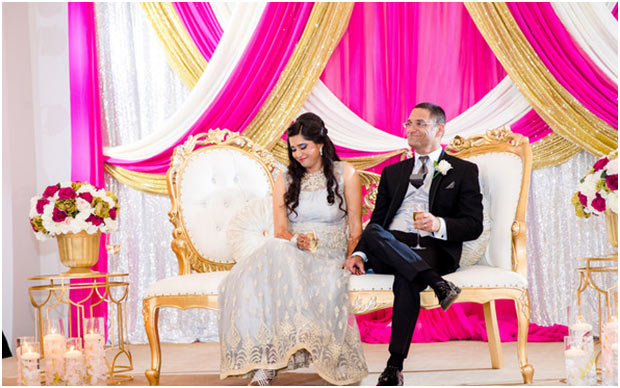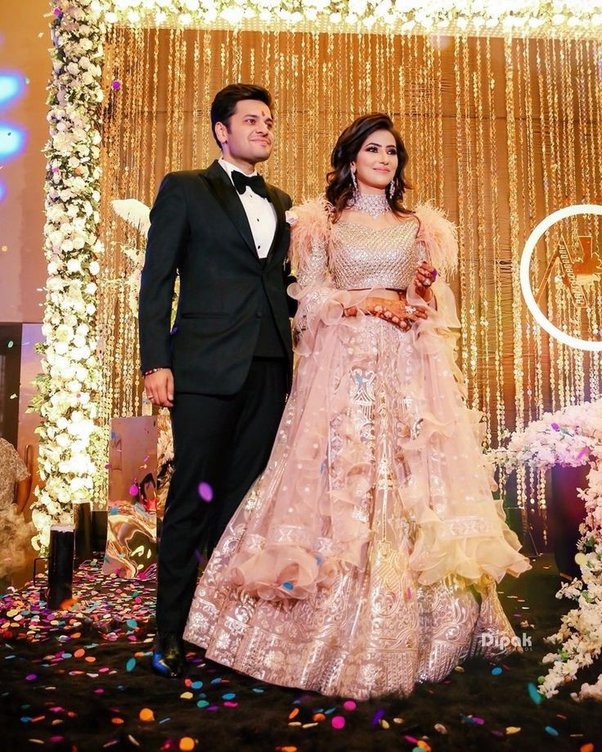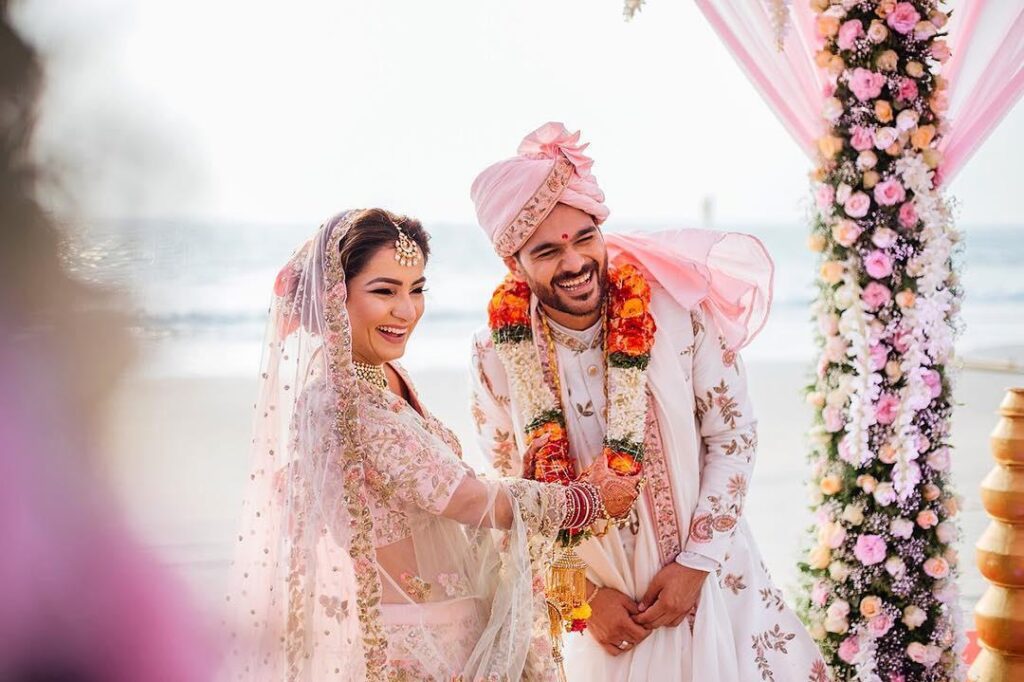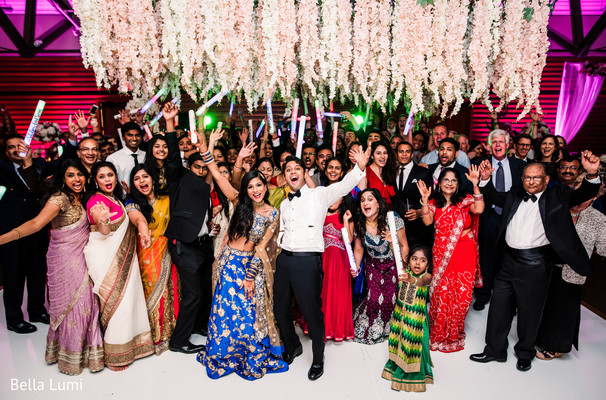Reception parties
Reception parties, also known as wedding receptions, are celebratory events held following a wedding ceremony. These parties provide an opportunity for the newly married couple to celebrate their union with family, friends, and loved ones. Here’s an overview of reception parties:
Venue and Decor: Reception parties can be held at various venues, such as banquet halls, hotels, gardens, or private residences. The venue is typically decorated to create a festive and welcoming atmosphere, incorporating elements like floral arrangements, lighting, table settings, and themed decor based on the couple’s preferences.
Guest List: The couple compiles a guest list of family members, friends, and acquaintances they would like to invite to the reception. The size of the guest list can vary depending on the couple’s preference and the capacity of the chosen venue.
Food and Drinks: A reception party often includes a sit-down dinner, buffet, or food stations where guests can enjoy a meal or a variety of dishes. The menu can range from traditional cuisine to international flavors, depending on the couple’s preferences. Alcoholic and non-alcoholic beverages are also typically served.
Speeches and Toasts: During the reception, there may be speeches and toasts given by the couple, their parents, close friends, or other family members. These speeches express gratitude, share memories, and offer well wishes to the couple.
Cake Cutting: One of the highlights of a reception party is the cutting of the wedding cake. The couple traditionally cuts the cake together and shares the first slice as a symbol of their unity. The cake is then served to the guests.
Music and Entertainment: Reception parties often include music, dancing, and entertainment to create a lively and celebratory atmosphere. Couples may hire a DJ, live band, or other performers to provide music and entertainment throughout the evening. Guests are invited to join in dancing and celebrate with the couple.
Traditions and Customs: Depending on cultural and regional traditions, reception parties may include specific rituals, dances, or customs that are significant to the couple’s heritage. These customs can add a unique touch to the celebration and reflect the couple’s cultural background.
Gifts and Favors: Guests may bring gifts or cards to congratulate the couple on their wedding day. Some couples also choose to provide wedding favors or small tokens of appreciation for their guests as a gesture of thanks.
Reception parties vary in style, scale, and cultural traditions. They are an important part of the wedding celebration, providing an opportunity for the couple and their loved ones to come together, celebrate, and create lasting memories.




